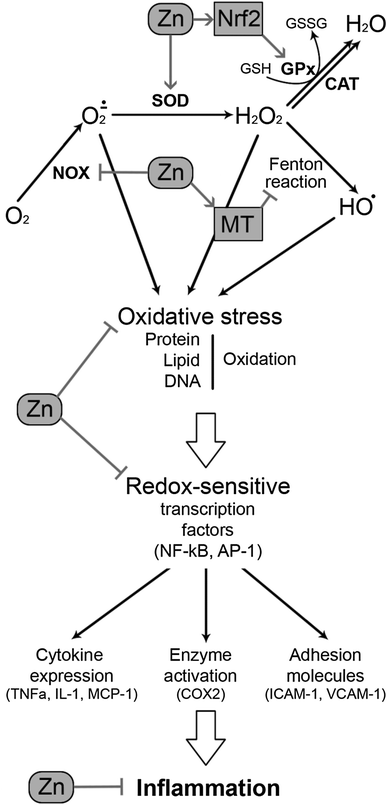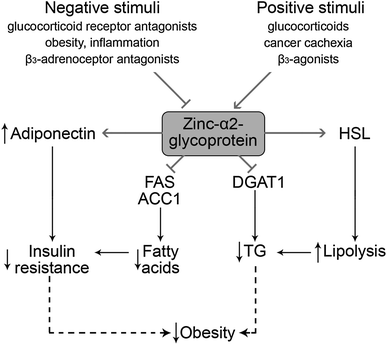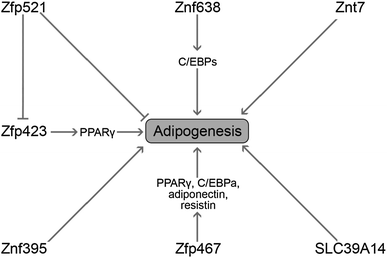"VSports在线直播" Zinc status is associated with inflammation, oxidative stress, lipid, and glucose metabolism
- PMID: 28965330
- PMCID: PMC5754376
- DOI: 10.1007/s12576-017-0571-7
Zinc status is associated with inflammation, oxidative stress, lipid, and glucose metabolism
Abstract
A number of studies have reported that zinc plays a substantial role in the development of metabolic syndrome, taking part in the regulation of cytokine expression, suppressing inflammation, and is also required to activate antioxidant enzymes that scavenge reactive oxygen species, reducing oxidative stress. Zinc also plays a role in the correct functioning of lipid and glucose metabolism, regulating and forming the expression of insulin. In numerous studies, zinc supplementation has been found to improve blood pressure, glucose, and LDL cholesterol serum level. Deeper knowledge of zinc's properties may help in treating metabolic syndrome, thus protecting against stroke and angina pectoris, and ultimately against death VSports手机版. .
Keywords: Glucose metabolism; Inflammation; Lipid metabolism; Oxidative stress; Zinc. V体育安卓版.
Conflict of interest statement
The authors declare that they have no competing interests.
Figures



References
-
- Ahn BI, Kim MJ, Koo HS, Seo N, Joo NS, Kim YS. Serum zinc concentration is inversely associated with insulin resistance but not related with metabolic syndrome in nondiabetic Korean adults. Biol Trace Elem Res. 2014;160(2):169–175. - PubMed
Publication types
- Actions (VSports手机版)
MeSH terms
- "VSports" Actions
- Actions (VSports最新版本)
- Actions (VSports手机版)
- VSports在线直播 - Actions
Substances (VSports最新版本)
- V体育平台登录 - Actions
LinkOut - more resources (VSports最新版本)
Full Text Sources
Other Literature Sources

